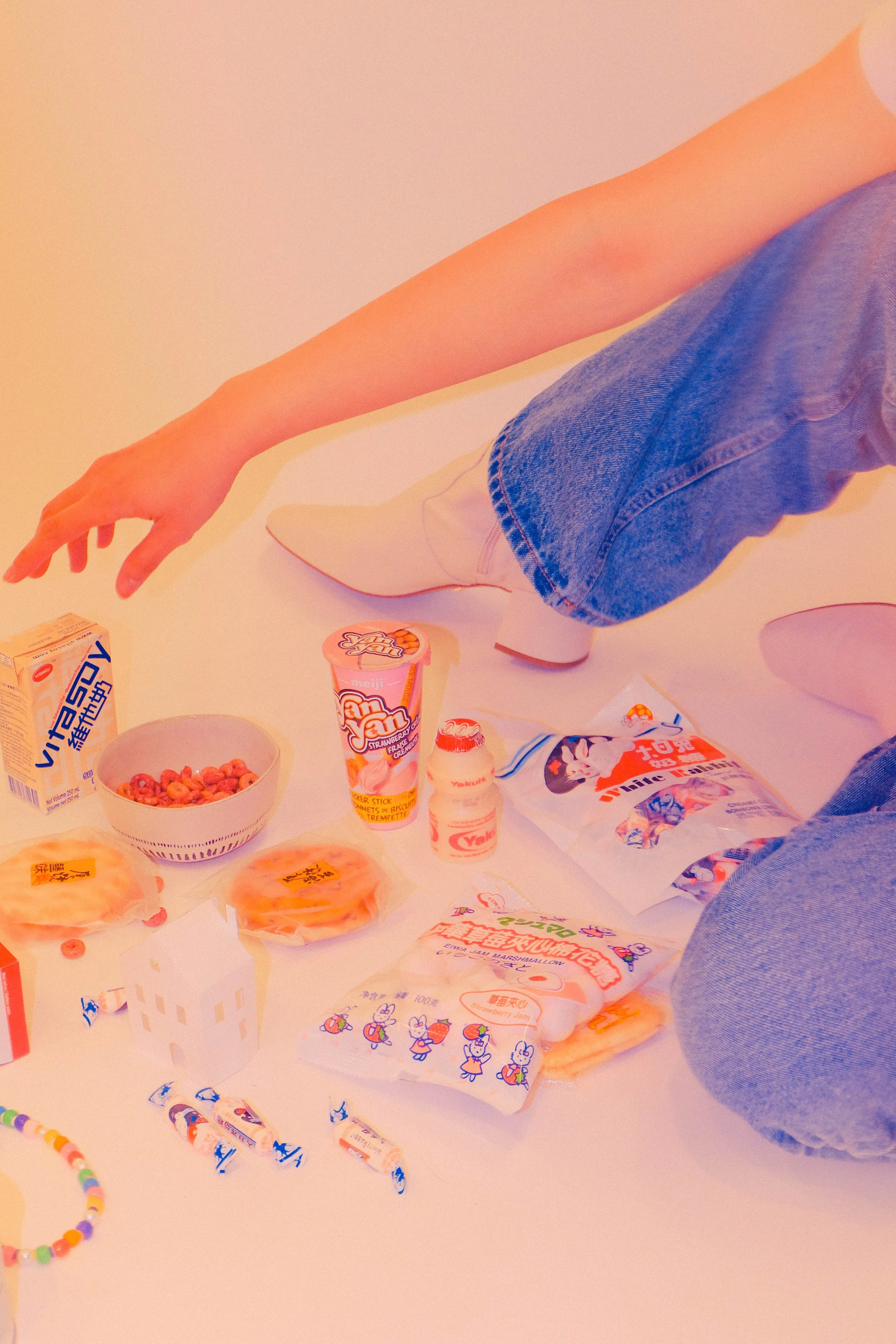Here are 3 ways you can start to decolonize your creative practice.
Make some trauma-informed art.
We need to unlearn rules around making art that has been tying us down. Have you been feeling like your work is not enough? Are you censoring or policing your creativity and the process? As Yumi Sakugawa says, we need to ‘transmute shame to freedom’. Giving ourselves the permission to make ‘imperfect’ or what I would call, trauma-informed art, is core to trauma-healing from a world that gatekeeps what art should be.
Allow for creative accidents.
Creative accidents are things that happen when we are working with art materials that lead to exploration in areas that you may have never thought you would explore.
Being untrained artistically can actually be an advantage when working with images and intentions because having less training can sometimes mean you have less control over the art medium you are working with. Having less control means that there is more of a chance for something “other” to come through on the page.Respect what you create.
Our art carries so much life. Our art holds meanings and inner wisdom as well as curiosity, and carry emotions that may not be ready to be seen yet or ever. I hope you get to learn to enjoy and seek beauty in the process
Current thoughts as an art therapist.
Something art therapists see too often is when folks we work with are reluctant and avidly rejecting art making.
There are many ways the art therapy and mental health field gatekeep therapeutic art making as a 'modality'. This makes it harder to debunk the myth that 'art making is a luxury' and a skill that only certain folks who gone through clinical training can practice day to day.
As a newly registered art therapist, I am brainstorming ways to decolonize the field of art therapy. I've been so excited to see some art therapists publicizing art as therapy knowledge in the public eye.
For myself, my role is gravitated towards having conversations and collaborating with folks to make art around art-related trauma or experiences of invalidation around art, art therapy or therapy.
In my work, ‘making art’ doesn't have to be drawing or painting. I find many folks are more familiar and comfortable creating metaphors around their experiences.
I hope you get to heal and practice decolonizing within your creative practice too!











